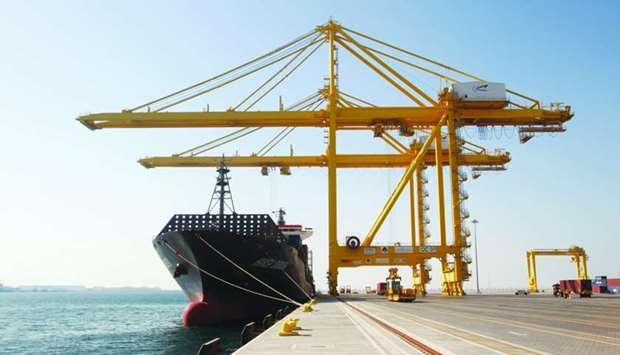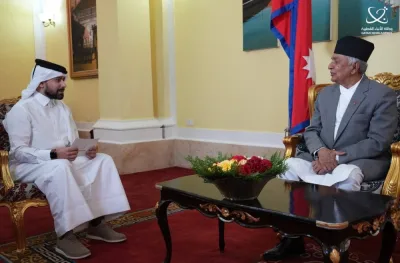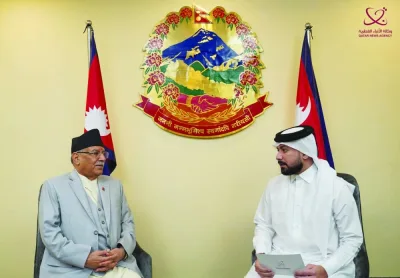This accounts for an average $722mn a month, Meed said. For the preceding January – May period, the average value of work awarded was $1.1bn a month, slightly better, but not significantly higher.
From this perspective, it appears that project award activity has not been adversely affected, Meed said.
Contracts awarded since June include a new food storage facility at Hamad Port, Al-Bustan Street South upgrade, and the new Police College (Ministry of Interior).
In some instances, Meed said, it appears the “boycott” has actually hardened the Qatari resolve when it comes to project spending. And in some instances, project development has actually accelerated, perhaps spurred by the implications surrounding the “embargo”.
A good case in point has been the award of the consultancy contract and the subsequent announcement of the second phase expansion of Hamad Port, while another has been the fast-tracking tendering of the expansion of Doha Metro’s Green Line.
The release of tender documents for a new gabbro mine and export facility in Oman and the award of the food storage scheme at Hamad Port could be directly linked to Qatar’s efforts to guarantee its food and key building material security.
“Neither does new project tendering appear to have been affected”, Meed said. The Public Works Authority (Ashghal), which is the most active of the government clients in Qatar, has released several major new tenders since June.
These include the interim improvement of the A Ring-Road, treated sewage effluent tanker-filling stations, new health centres, and a foul sewer network.
New projects from other clients include Barwa Real Estate Group’s affordable housing scheme on the Salwa Road; Qatar Airways’ new Oryx Tower Development and Katara Hospitality’s planned refurbishment of the Somerset West Bay Hotel.
It has been four months since the UAE, Saudi Arabia, Bahrain and Egypt imposed an economic blockade on Qatar.
At that time, Meed said, “there were major fears the embargo would hit Qatar’s projects’ market hard as contractors would struggle to import key building materials, and investment in the State would dry up.”



